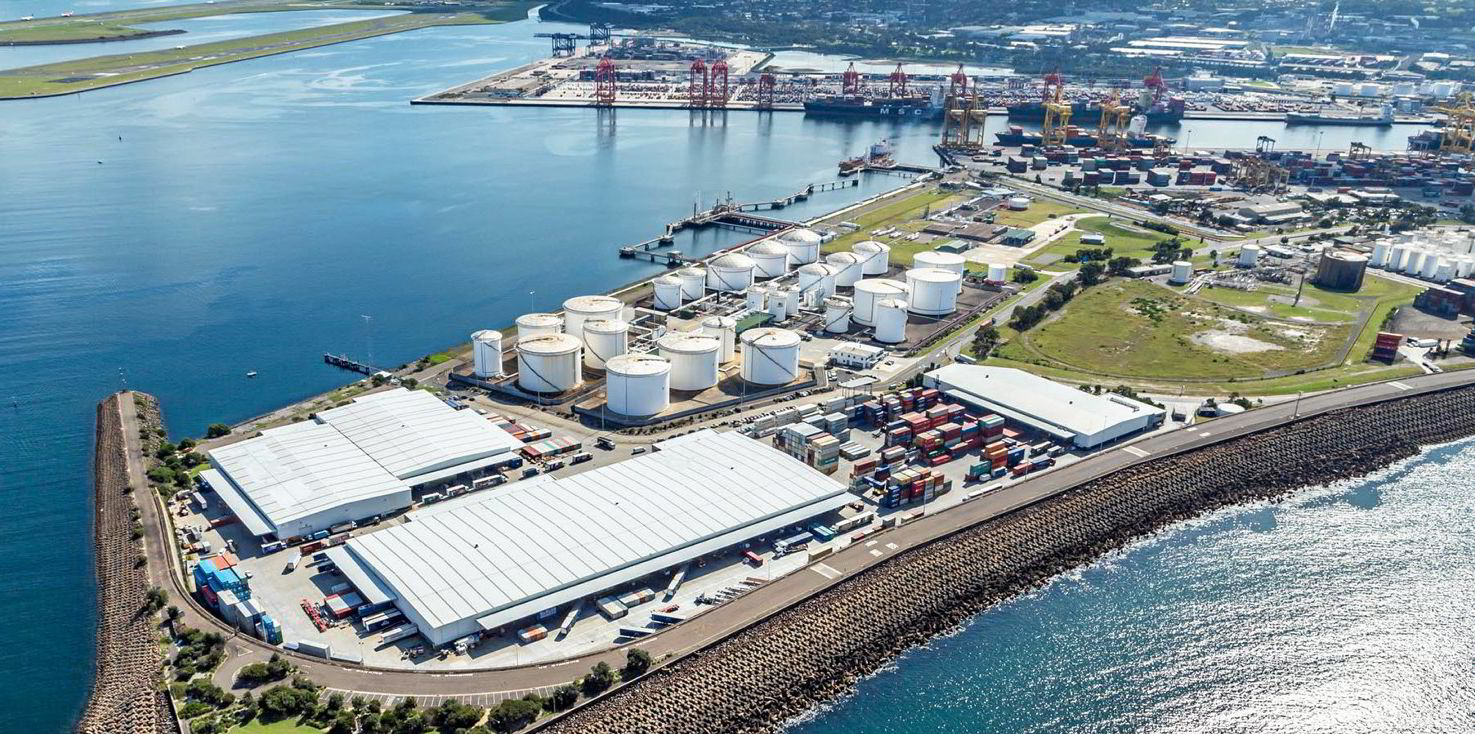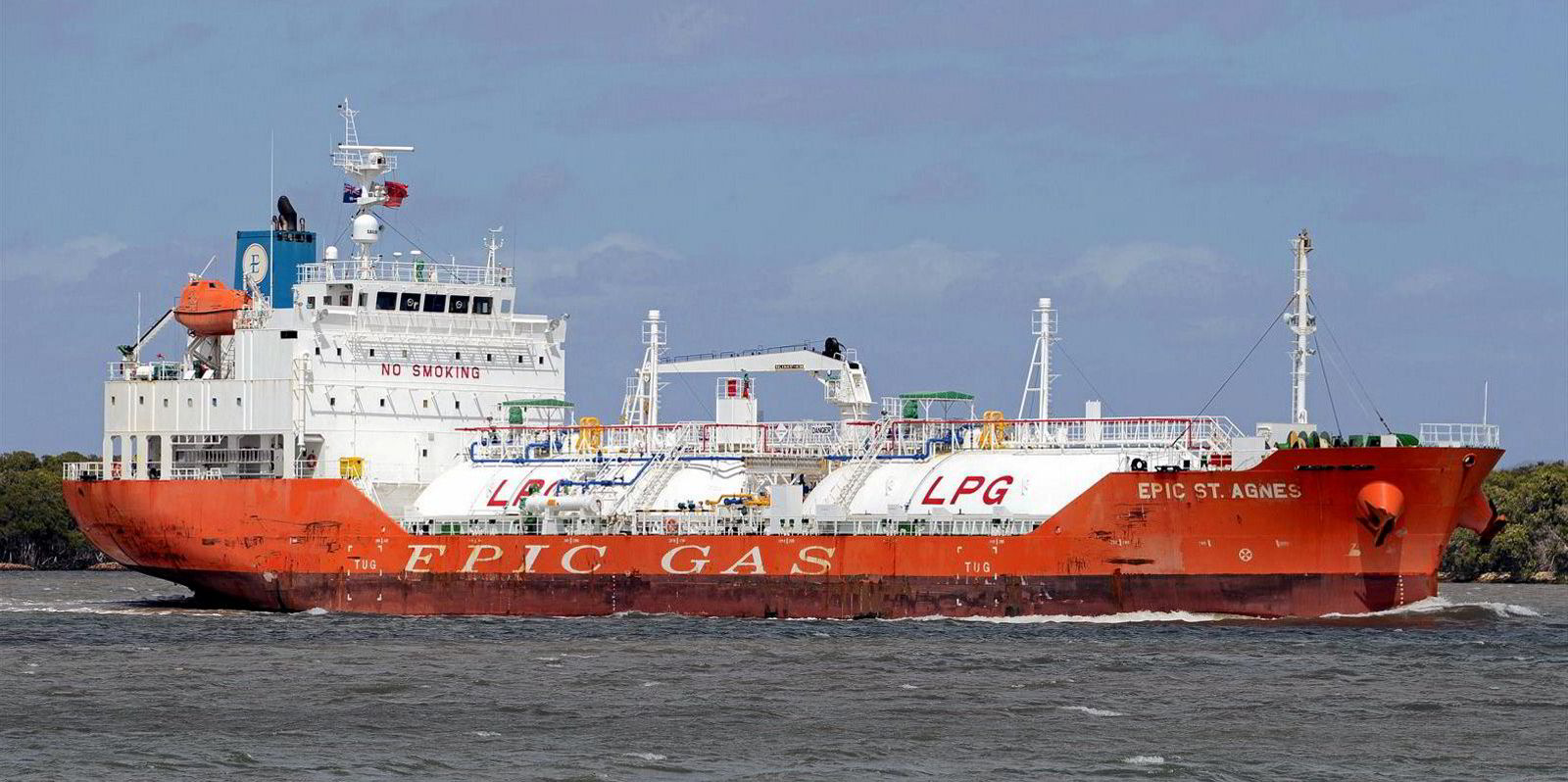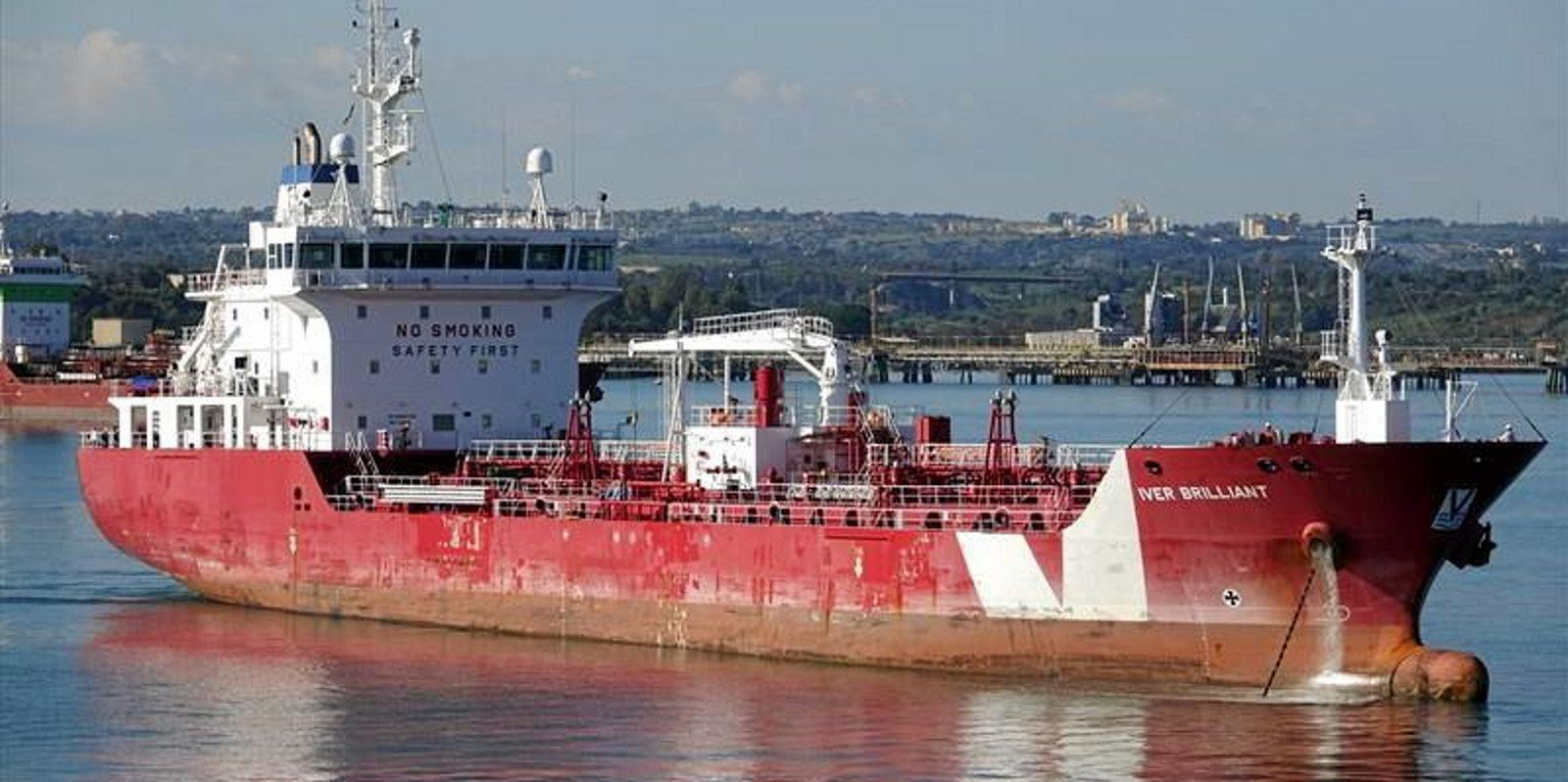Sixteen seafarers onboard a BW Epic Kosan LPG carrier received their first Covid-19 vaccination shots on Thursday while berthed at Port Botany.
In an Australian first, the crew of the Singapore-flagged, 5,000-cbm Epic St Agnes (built 2015), which is on long-term charter to Australian energy giant Origin Energy, kicked off a vaccination initiative launched by NSW Health and the NSW Ports Authority.
For now the programme covers vessels that regularly visit the Port Botany Bulk Liquids terminal. The Epic St Agnes, for example, operates exclusively on the Australian coast, loading and discharging at ports in Queensland, New South Wales, Victoria, Tasmania, and the Northern Territory.
The Maritime Union of Australia (MUA) welcomed the initiative but at the same time called for similar programmes to rolled out nationally to reduce the risk of Covid-19 transmission to waterfront workers.
The vaccination initiative followed a Covid-19 outbreak on another BW Epic Kosan LPG carrier chartered by Origin Energy, the 3,661-cbm Inge Kosan (built 2011) .
Testing of crew members on that vessel, conducted after the body of one of the seafarers washed up onto a beach in Vanuatu, found 12 of 13 of the vessel’s crew had the virus.
“The Covid-19 outbreak on the Inge Kosan last month, which appears to be responsible for the death of one of the seafarers onboard, highlights the significant risk that maritime ports of entry pose as a source of community transmission,” said MUA Sydney deputy branch secretary Paul Garrett.
“NSW Health has made the decision that Covid-19 vaccinations for crews onboard gas ships that use the Bulk Liquids Terminal are essential to reduce the risk of community transmission, yet seafarers on container ships berthed just a few hundred metres away are excluded,” he added, arguing that it needed to be replicated at all Australian ports and terminals.
Consistent approach needed

MUA national secretary Paddy Crumlin said there was an urgent need for a nationally-consistent approach to close the gaping holes in Australia’s maritime biosecurity measures.
“Thousands of foreign ships visit Australian each year, with many conducting regular trips or undertaking coastal trade between Australian ports, resulting in a significant risk of Covid transmission into the community through direct contact with waterfront workers,” Crumlin said.
“Inconsistent and tokenistic measures, such as vaccinations for seafarers at certain ports or terminals but not at others, can’t solve what is a national threat,” he continued.
Crumlin said the initiative from NSW Health proved that it was possible to vaccinate foreign seafarers, but it would only be effective if programmes were done in a coordinated, nationally consistent way.
International Transport Workers’ Federation Australia coordinator Ian Bray said that as well as providing vaccinations for seafarers travelling to Australian ports, there also needs to be Covid testing undertaken of all seafarers arriving from foreign ports.
“Not only would rapid testing allow Australian workers who have come into contact with confirmed cases to be immediately isolated, it would mean appropriate medical care could be provided to seafarers, along with support to prevent further spread of the virus on the vessel," he said.







